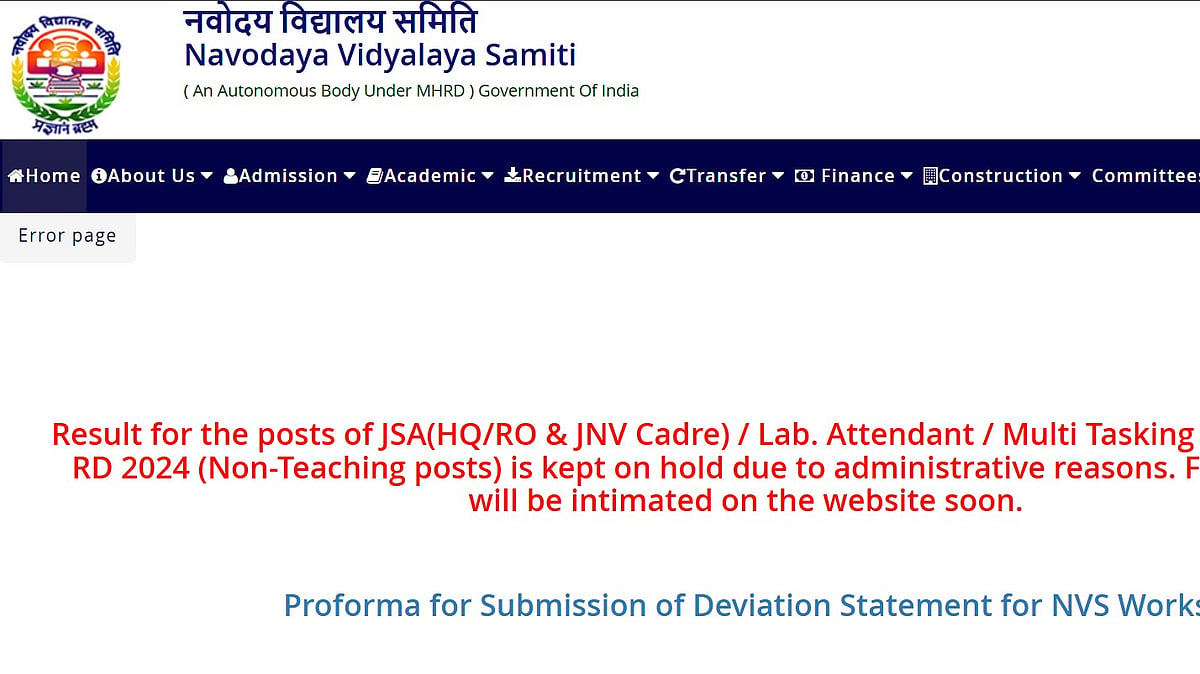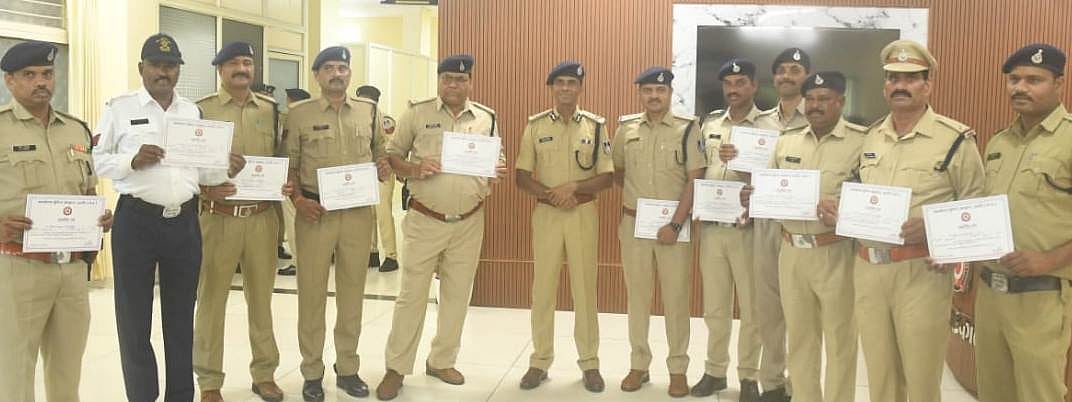Ujjain (Madhya Pradesh): The rise in several non-communicable and progressive diseases has been one of the root causes of declining levels of fertility, especially in the urban population affecting their family planning. In India, infertility affects around 27.5 million married couples who are actively trying to conceive. This accounts for 10-15 per cent of all married couples said an executive member of the Federation for Reproductive Health Service India, Dr Naresh Purohit on the occasion of World IVF Day.
Echoing his concern about the volume of infertility cases in the Malwa region of the state, Dr Purohit told Free Press that infertility is a condition of the reproductive system that is characterised by the inability to bear a child in natural ways. The emotional cost associated with infertility is best understood by individuals and couples who have experienced the condition.
He averred that fertility rates have been continuously declining in the country. As per the National Family Health Study (NFHS) 2015-16 survey, the national Total Fertility Rate (TFR) was found to be 2.2, falling down from 2.7 in the NFHS 2005-06 survey. According to the most recent statistics from the NFHS 2019-21, India's fertility rate has further deteriorated to an all-time low of 2.1 i.e. two children per woman. ìHowever, only one per cent of infertile couples in India seek treatment, and the distribution of infertility clinics is skewed geographically,' added he.
He said that according to National Centre for Biotechnology Information (NCBI), overweight and obese women are more prone to experience menstrual dysfunction and anovulation (lack of ovulation). Additionally, they are more vulnerable to sub-fecundity and infertility. The likelihood of conception, miscarriage, and pregnancy complications is increased in these women.
He pointed that the present drop in male sperm parameters is correlated with the rise in obesity rates throughout the world. Low semen quality, endocrinopathy (a disease of the endocrine system), and other diseases have an impact on male fertility.
He stated that there are many myths surrounding IVF due to a lack of awareness about reproductive health and the biggest one is that IVF (In Vitro Fertilisation) conceptions are mostly twins. In fact, most patients (undergoing IVF) will force the doctor to do multiple embryo transfers and ensure twin pregnancy.
Dr Purohit cautioned that though twin IVF pregnancy is a popular choice in India there is a flip side to it. So a couple should take an informed decision about IVF and not be blown away by blind optimism and Bollywood fantasy.











